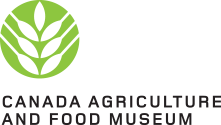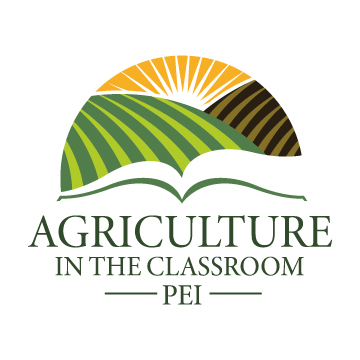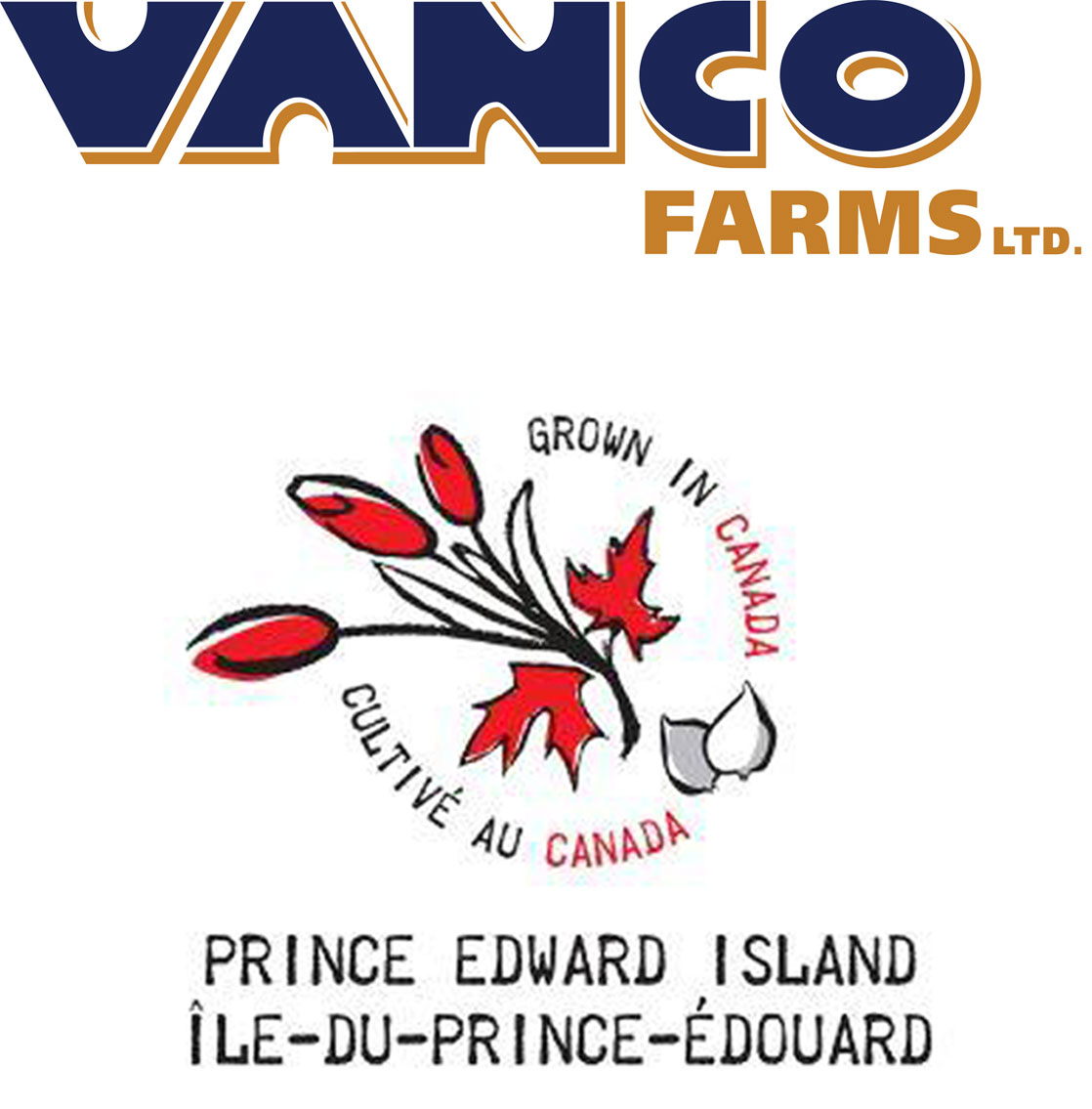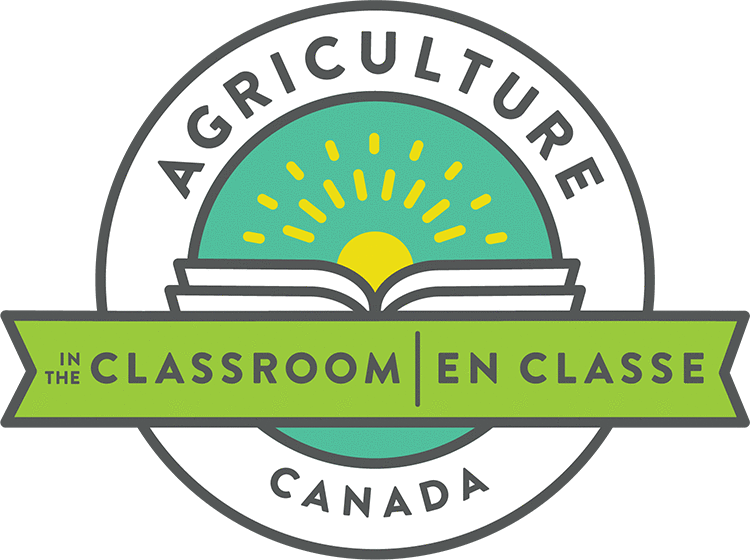
In November 2012 Nutrients for Life and the Canada Agriculture and Food Museum signed a Memorandum of Understanding that formalized a partnership for the development and distribution of educational materials to the Canadian public in general, on matters of agriculture, gardening, soil science and agricultural sustainability.
Over 200,000 visitors come to the Museum annually – this is a perfect opportunity to teach visitors about the 14 essential nutrients that are found in soil, and the three most important to soil health and food production - Nitrogen (N), Phosphorus (P) and Potassium (K). This partnership included a development of a hydroponic and living wall lab for educational programs in the Museum learning labs – another way to educate youth on the importance of plant nutrients in the soils. We have started building the foundation for educating youth on how to feed a population of nine billion by 2050 and the innovative processes that modern agriculture is undertaking to make sure enough food will be produced for this population.
About: Communities in Bloom is a Canadian non-profit organization committed to fostering civic pride, environmental responsibility and beautification through community involvement and the challenge of a national program, with focus on enhancing green spaces in communities.
History: Established with the guidance of Britain in Bloom, Tidy Towns of Ireland and Villes et Villages Fleuris de France, Communities in Bloom held its first edition in 1995 and 29 participating municipalities were honoured at the first awards ceremonies on Parliament Hill. The program now includes hundreds of communities across the country and an international challenge involving communities from the United States, Asia and several European countries allows participants to compete internationally.
Program: The program consists of communities receiving information and being evaluated either provincially or nationally by a volunteer jury of trained professionals on the accomplishments of their entire community (municipal, private, corporate and institutional sectors, citizens) on eight key criteria: Tidiness, Environmental Action, Heritage Conservation, Urban Forestry, Landscape, Turf & Groundcovers, Floral Displays and Community Involvement

About: The Green Schools Nova Scotia program is an exciting initiative brought to you by Efficiency Nova Scotia. The program helps teach students, teachers, and the larger school community to become more energy efficient and helps to enhance the environmental sustainability at schools. Green Schools Nova Scotia equips young people with the knowledge and tools they need to steward a changing world, ultimately inspiring the next generation to become champions of sustainability.
Vision: Green Schools Nova Scotia aims to help schools and students waste less, working with the whole school to strengthen positive efforts already underway and help establish new leadership in schools that are ready to go green.
Mission: The goal of the program is to help students think about where resources come from, their consumption habits, and to provide educational opportunities regarding behavioural change, teaching students and schools how to waste less.
Inside Education provides unique experiences to teachers and students to connect them to our environment and natural resources in meaningful ways. Our organization is an Alberta-based charitable education society that has supported teachers through hands-on, inquiry-based programs and learning materials for over 30 years!
Our programming helps teachers engage their students with the latest science, technology, careers and issues related to our environment and natural resources.
Why did you partner with Nutrients for Life?
At Inside Education, we strongly believe Nutrients for Life is an excellent fit with our overall approach to programming. The project-based Learning Gardens and inquiry-based materials align with the style of experiential learning we have always supported teachers with. The strong focus on science-based learning is also a fundamental element we have in common!
Many of the key benefits and outcomes of the Nutrients for Life program overlap with the impact we aim to have through our programs. Environmental awareness, responsible citizenship, stewardship and leadership are all valuable outcomes Inside Education share with the Nutrients for Life initiative.
As we expand our programming to include more agriculture related topics, we look forward to seeing the impact from our partnership with Nutrients for Life. With every Learning Garden awarded through this partnership it is the students that benefit; the ultimate goal is to foster curiosity about the natural world along with creative and critical thinking in Alberta’s young stewards.

Nutrients for Life is proud to partner with Scotts Canada Ltd., to incorporate Nutrients for Life educational material into the Gro for good community garden grants program. The Gro for good stakeholder group includes, Scotts Canada, Plant – Grow – Share a Row, and Communities in Bloom.
As part of the partnership agreement Nutrients for Life works to incorporate science-based activities for the Gro for good grant recipients and will provide additional activities for teachers and community leaders to use as part of afterschool programming.
SCOTTS CANADA is a subsidiary of The Scotts Miracle-Gro Company (NYSE: SMG) based in Marysville, Ohio, the world's leading marketer of branded consumer products for lawn and garden care. Scotts line-up features Canada's favourite brands, including: Scotts®, Miracle-Gro®, Scotts Turf Builder®, Ortho®, Tomcat® and Nature's Care®. With a global investment in R&D and innovation in addition to industry leading stewardship initiatives and consumer education, Scotts is committed to developing and enhancing the lawn and garden care practices in Canada. Headquartered in Mississauga, Ontario, SCOTTS CANADA helps people express themselves on their own piece of the Earth.

Agriculture in the Classroom PEI is a non-profit organization committed to providing accurate, balanced, and current curriculum-linked agri-food resources, programs, and initiatives based in science. AITC-Canada is the national voice for agriculture education with a vision for agriculture in every classroom, inspiring every student. As one of 9 provincial member organizations, AITC-PEI acts locally to engage Island students and educators to enhance their knowledge of agriculture and food.
In our complex and changing world, it is more important than ever to inspire the next generation to care about the food they eat, where it comes from, the farmers who grow it, and how it got to their plates. We are proud to work with partners like Nutrients for Life who share our belief in creating educational experiences for students that will engage, connect, and inspire a deeper connection to agriculture in Canada.

Established in 1982, Vanco Farms Ltd. is a family owned and operated farm growing organic potatoes, specialty potatoes, fresh cut tulips and tulips bulbs in the signature red soil of Prince Edward Island.
At Vanco Flowers (est. 2006), a division of Vanco Farms, Expert Tulip Grower Bas Arendse oversees all operations and brings generations of Dutch tulip farming tradition to our unique local East Coast flowers and bulbs. We are the only farm growing field tulips for bulb production on the East Coast of North America.
We are delighted to partner with Nutrients for Life in bringing tulips and the joy and benefits of horticulture to students of all ages across Canada.

Agriculture in the Classroom Canada (AITC-C) is a Canadian charitable organization with a vision to bring agriculture to every classroom, inspiring every student. Alongside ten provincial member organizations, AITC-C provides accurate, balanced and current, curriculum-linked resources for students at all grade levels.
We are proud to work with our network of partners, stakeholders and volunteers to provide educational experiences that will foster a passion for lifelong learning through collaboration, creativity, critical thinking and communication by sharing Canada's remarkable agriculture and food story. To learn more visit aitc-canada.ca.

At the end of December 2012, Nutrients for Life finalized a partnership with Canadian Feed the Children to develop and expand four Learning Gardens. The four Learning Gardens will allow Canadian Feed the Children to help improve the nutritional health of students living in at-risk communities through soil education, increased food knowledge and active participation in growing nutritious foods.
The funding for the school gardens allows for the teachers to teach cross curricula. The students are learning the science behind where their food comes from, traditional methods of gardening from local elders and learning the importance of healthy eating.

Working in partnership with a number of stakeholders, Nutrients for Life helped to produce the Lake Friendly Resource Workbook. Lake Winnipeg is at the heart of a watershed and is a valuable resource for the region. Nutrients for Life provided the resource workbook with lesson plans for teachers as an introduction to 4R Nutrient Stewardship Best Management Practices used by farmers to help ensure the protection of the watershed.
The goal of this collaborative effort was to provide educators with the information, tools, and resources to fully explore issues related to water and the Lake Winnipeg watershed while meeting curriculum objectives. The intent of the resource workbook is to be user-friendly and adaptable for any fresh water lake as the issues surrounding lake health are not exclusive to Lake Winnipeg but applicable to all fresh water lakes.
Nutrients for Life is supported by: